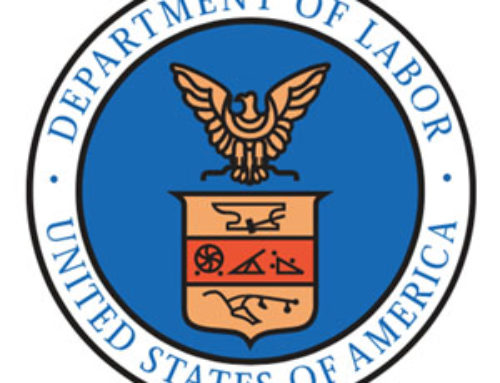Environmental consultants for the state of Washington have recommended heating up yard waste before moving it out of the apple maggot quarantine area to prevent the pest from spreading to the state’s tree fruit industry.
The state contracted a group of consultants to write an assessment, released earlier this week (Monday), of the apple maggot risk posed by compost material from the quarantined area, primarily yard waste from the Puget Sound region.
As mulching becomes more popular, more yard waste is being hauled east of the Cascade Mountains to be used as feedstock for compost facilities.
To prevent the apple maggot from hitching a ride on that waste, the risk assessment recommends mechanically heating it to kill all life stages of the pest before moving the waste. If not, the risk of the apple maggot entering Washington’s pest-free apple growing regions is “likely to occur with low uncertainty,” according to the risk assessment, authored by consultants from England, Massachusetts and Colorado.
To enforce this recommendation, the state Department of Agriculture is developing criteria and a process to grant special permits for moving compost feed stock across the quarantine lines and will not accept any new permit applicants until those guidelines are final.
The state quarantines the apple maggot in almost all western Washington counties. Eastern Washington counties of Spokane and parts of Yakima, Chelan and Kittitas have quarantines.
The apple maggot “directly attacks fruit, making it brown, mush and inedible,” according to the state Department of Agriculture Website, and poses a critical risk to apples, the state’s No. 1 crop.
To read details of the risk assessment and the state’s quarantine program, visit the Department of Agriculture Website at http://agr.wa.gov/plantsinsects/insectpests/applemaggot/default.aspx.
– by Ross Courtney
This post was updated on May 5, 2016






“authored by consultants from English [sic], Massachusetts and Colorado”
It seems the Associate Editor could use an editor. Or at the very least a proofreader.
Oops. Thank you, George! Fix made.